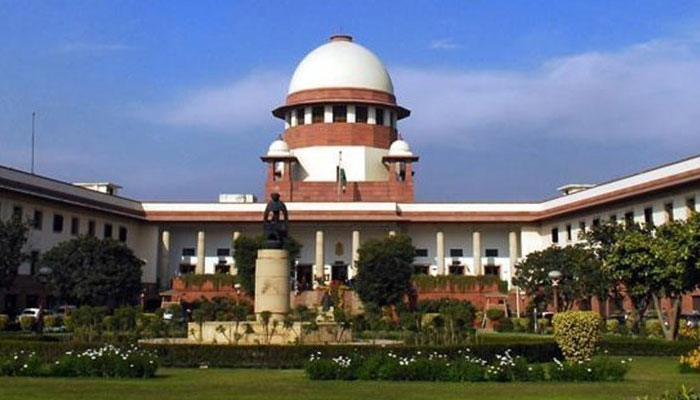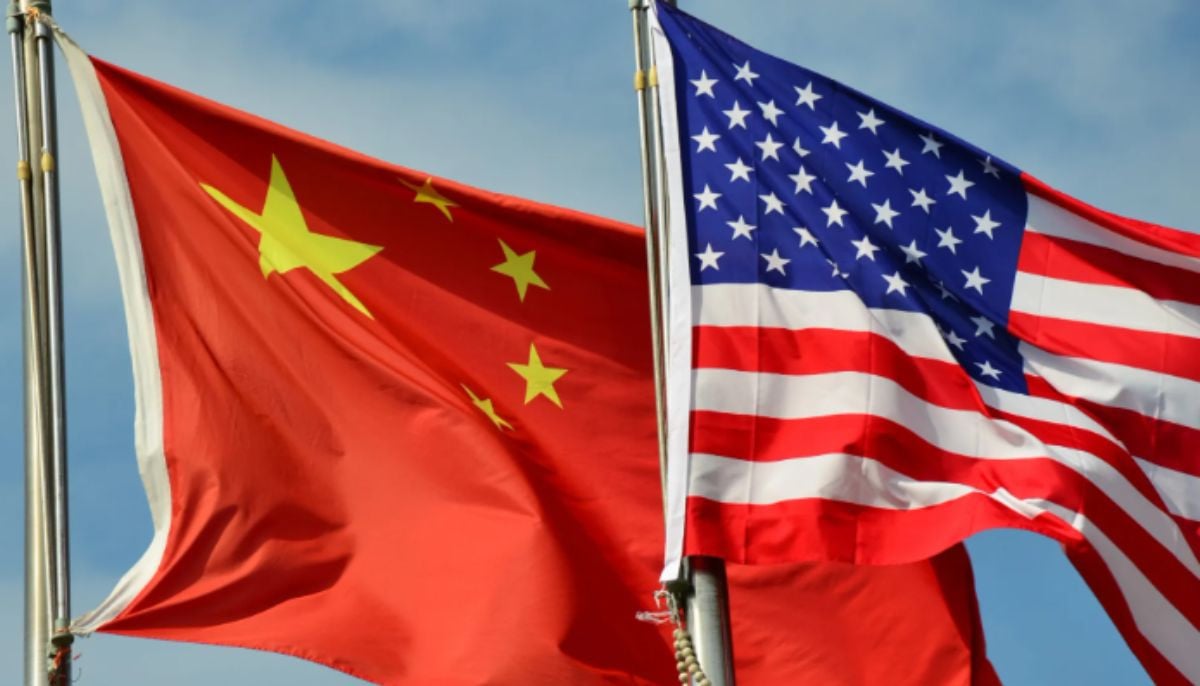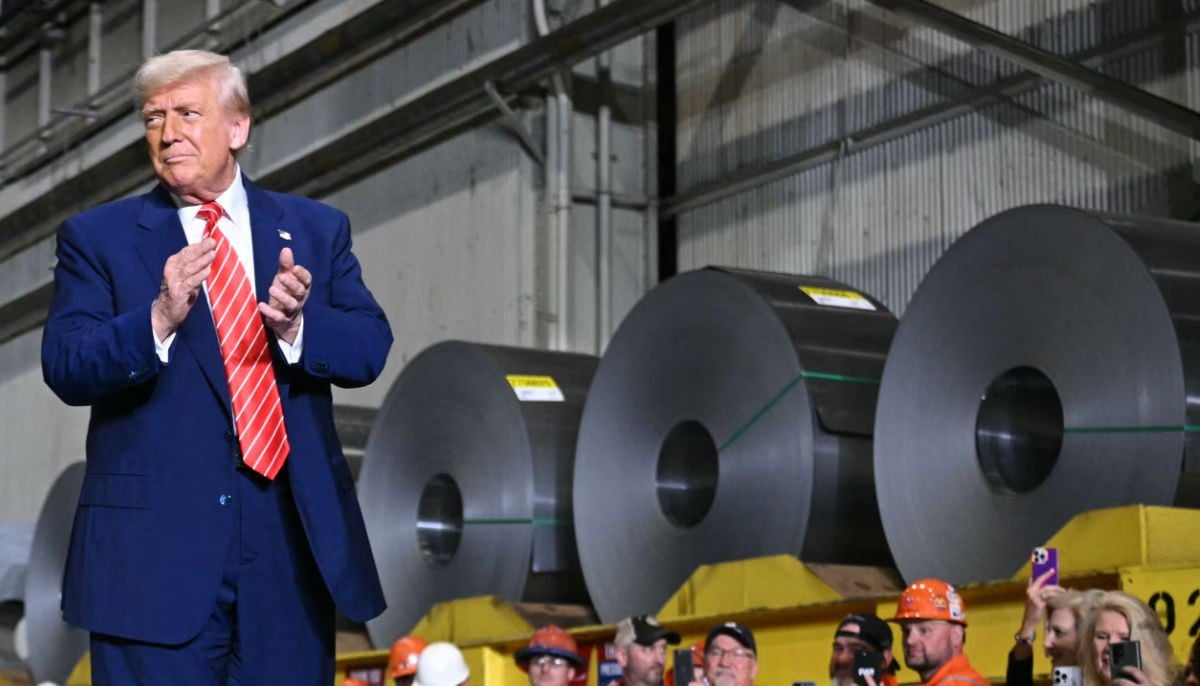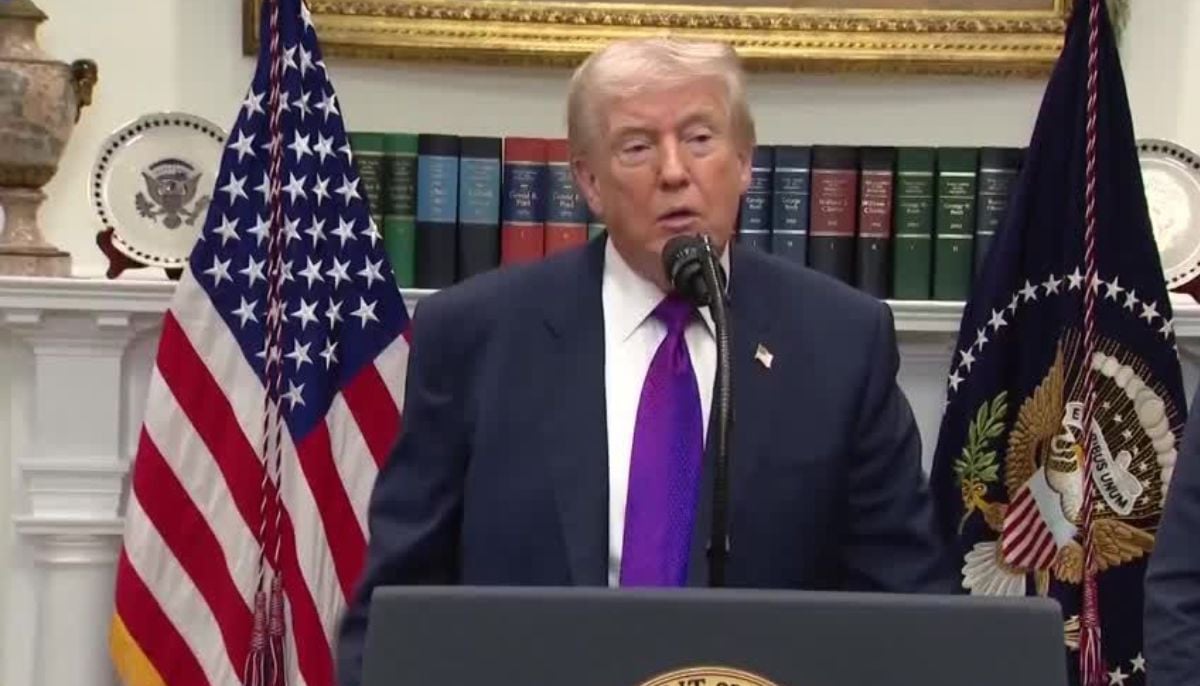India's top judges to mull IIOJK's direct rule
Repealing Article 370 gave people from rest of India right to acquire property in disputed territory and settle there permanently
NEW DELHI: The judges of the top court in India, hearing a challenge to New Delhi's 2019 imposition of direct rule in the Indian Illegally Occupied Jammu and Kashmir (IIOJK) — a snap decision that led to protests and mass arrests — will consider the legality of the move.
On 5th August 2019, India had stripped the IIOJK of the special autonomy it had for seven decades through a rushed presidential order.
By repealing Article 370 of the constitution, people from the rest of India were given the right to acquire property in the disputed territory and settle there permanently.
Kashmiris see the move as an attempt to dilute the demographics of Muslim-majority Kashmir with Hindu settlers.
Pakistan had strongly condemned the move and vowed to “exercise all possible options to counter the illegal steps” taken by India.
The five-judge bench headed by Chief Justice DY Chandrachud concluded its hearing on the petitions challenging the abolition of Kashmir's special status. They will now retire to consider if the move was legal despite lacking the endorsement from parliament usually required for constitutional change.
No timeline has been give for their decision.
The Supreme Court in New Delhi heard arguments over 16 days from government lawyers, constitutional experts representing Kashmir's pro-India political parties, and others challenging the move.
India has for decades stationed more than half a million soldiers in the disputed region Kashmir, which is home to a long-running insurgency against Indian rule.
The rivals have fought three wars over control of the region, and an armed rebellion against Indian rule has killed thousands in the Muslim-majority territory since 1989.
The suspension of Kashmir's semi-autonomous status allowed Indians from elsewhere to buy land and claim government jobs there, a policy denounced by critics as "settler colonialism".
Many residents and critics say that authorities have since curbed media freedoms and public protests in a drastic curtailment of civil liberties.
Modi's government has defended the decision in the court, saying the change had brought "peace, progress and prosperity" to the restive territory.
Consolidating New Delhi's rule over the illegally occupied Kashmir has long been a key plank of Modi's Hindu nationalist Bharatiya Janata Party.
The frequency of armed clashes between Indian soldiers and freedom fighters has dropped significantly in recent years as India works to fortify its rule over the territory.
-
Columbia university sacks staff over Epstein partner's ‘backdoor’ admission
-
Ohio daycare worker 'stole $150k in payroll scam', nearly bankrupting nursery
-
Michelle Yeoh gets honest about 'struggle' of Asian representation in Hollywood
-
US, China held anti-narcotics, intelligence meeting: State media reports
-
Goldman Sachs’ top lawyer resigns over Epstein connections
-
Manhunt continues for suspect who killed 2 at South Carolina State University
-
Trump considers scaling back trade levies on steel, aluminium in response to rising costs
-
Trump revokes legal basis for US climate regulation, curb vehicle emission standards












